(November 26, 2022) Jose T Ramapuram was barely 24 years old when he was put in charge of the family plantation business in Udupi, Karnataka. It was his first job, and Ramapuram spent six years here, in the wilderness of Kundapur, without electricity, phones or the other small comforts we tend to take for granted. The House of Ramapuram is well-respected and well-to-do, with its estates spread over 1000 acres. Ramapuram enjoyed getting into the nitty-gritty, and although he seemed set to continue the family tradition, he had a change of heart seven years later. He has come a long way since then. As Managing Director of Evolve Back (formerly Orange County), a luxury hotel brand, Ramapuram has expanded the business both in India and abroad, with a property in Botswana and one in Bhutan in the pipeline.
Jose T Ramapuram talks to Global Indian about his journey and how he plans to take his luxury Indian brand places.
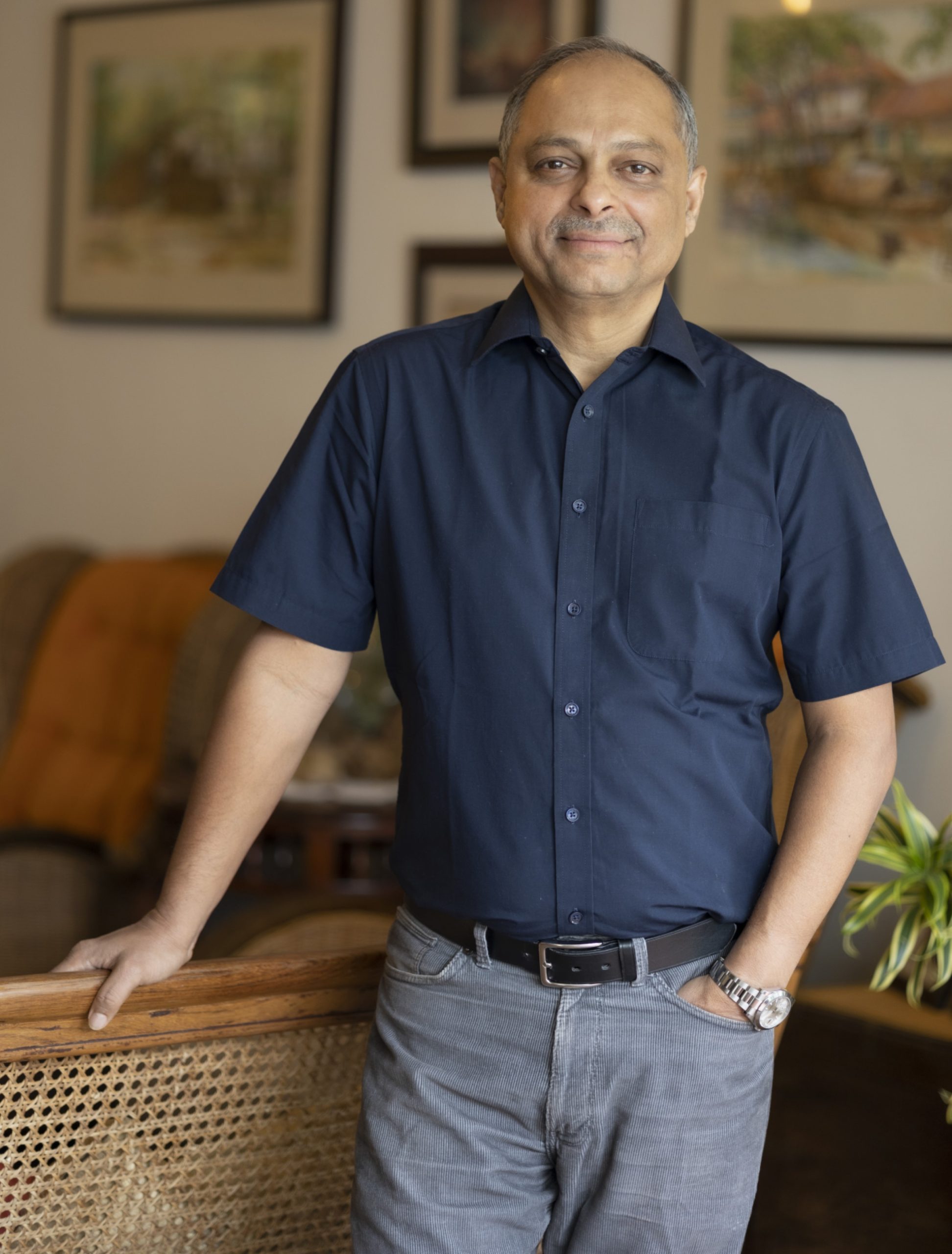
Jose Ramapuram, MD, Evolve Back Luxury Resorts
Growing up in the lap of nature
Ramparuram’s passion for properties in the lap of nature can be traced back to his childhood, when he spent his summer holidays in the family’s sprawling, remote plantations in Coorg. His family, he says, is much like him. “I remember, we had seven dogs, three cows, 30-40 chickens, ducks, turkeys and even peacocks at home. I spent some of my summer holidays at what is Evolve Back, Coorg, today. At that time, there was no grid power or surfaced roads. We used to have petromax providing us light at night in the farmhouse,” he remembers. The days were spent fishing in the Cauvery, and he loved going on long walks with his father surveying their plantations or playing with other children residing on the plantation.
The brand’s early days
Evolve Back, formerly known as Orange County, started in a small way in Coorg in 1994 and has grown organically ever since. What has worked for the brand is attention to what travellers seek. “Over the years, we realised that the evolved world traveller is looking for a pure, authentic, true-to-the-land experience. Our guests, therefore, experience a transformation within and feel rejuvenated by the authentic nature and culture of the land. Everything is preserved and showcased at each of the Evolve Back properties,” he explains.
Built in keeping with the coffee plantation theme, Evolve Back Coorg is located on 300 acres of land, with the Dubare Reserve Forest on one side and the river Cauvery on the other. Their other property, Evolve Back, Kabini, is considered one of India’s finest wildlife resorts offering excellent views of the Kabini river and the island. Evolve Back Kamalapura Palace, Hampi, has fort-like entrances, stone-paved boulevards, arched hallways and regal chambers mirroring the famed palaces of a bygone but glorious era.
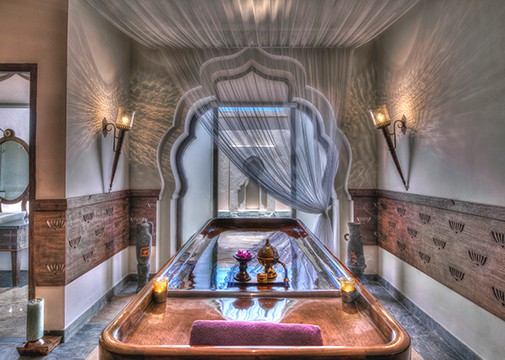
Evolve Back Hampi Photo: Evolve Back
Expansion to Botswana
Ramapuram decided that it was time for the brand to look beyond familiar territory with the Evolve Back Gham Dhao Lodge in Botswana, Africa. “We chose Botswana in keeping with our philosophy of going to lesser commercialised destinations. At this property, guests enjoy the Kalahari Desert with its famed night skies, unique wildlife, and ancient culture.”
While Botswana has a lot to offer in terms of wildlife, it also has a stable democracy and the highest per capita income in Africa. The country is also not “overly commercialised,” he says and “strongly focuses on high-end, low-volume tourism.” Apart from looking at increasing footprints in Botswana, Evolve Back has already acquired land in the neighbourhood of India–Bhutan. This will be their next international destination if everything goes according to plan.
The age of responsible tourism
Although sustainability is something that the high-end travel industry in India has been conscious of, it has almost become synonymous at all levels. However, the concept of responsible tourism comes naturally to Evolve Back. The principal tenets of “responsible tourism” can be experienced at their three resorts at Coorg, Kabini and Hampi.
Ramapuram says that the brand is committed to employing the “best in environmental and sustainable practices” in technology, equipment and operational processes. For instance, most plastic items are not allowed inside Evolve Back properties, and not just that. “Our team converts over 150 kg of kitchen waste into biogas, which is used as manure for horticulture,” Ramapuram explains.
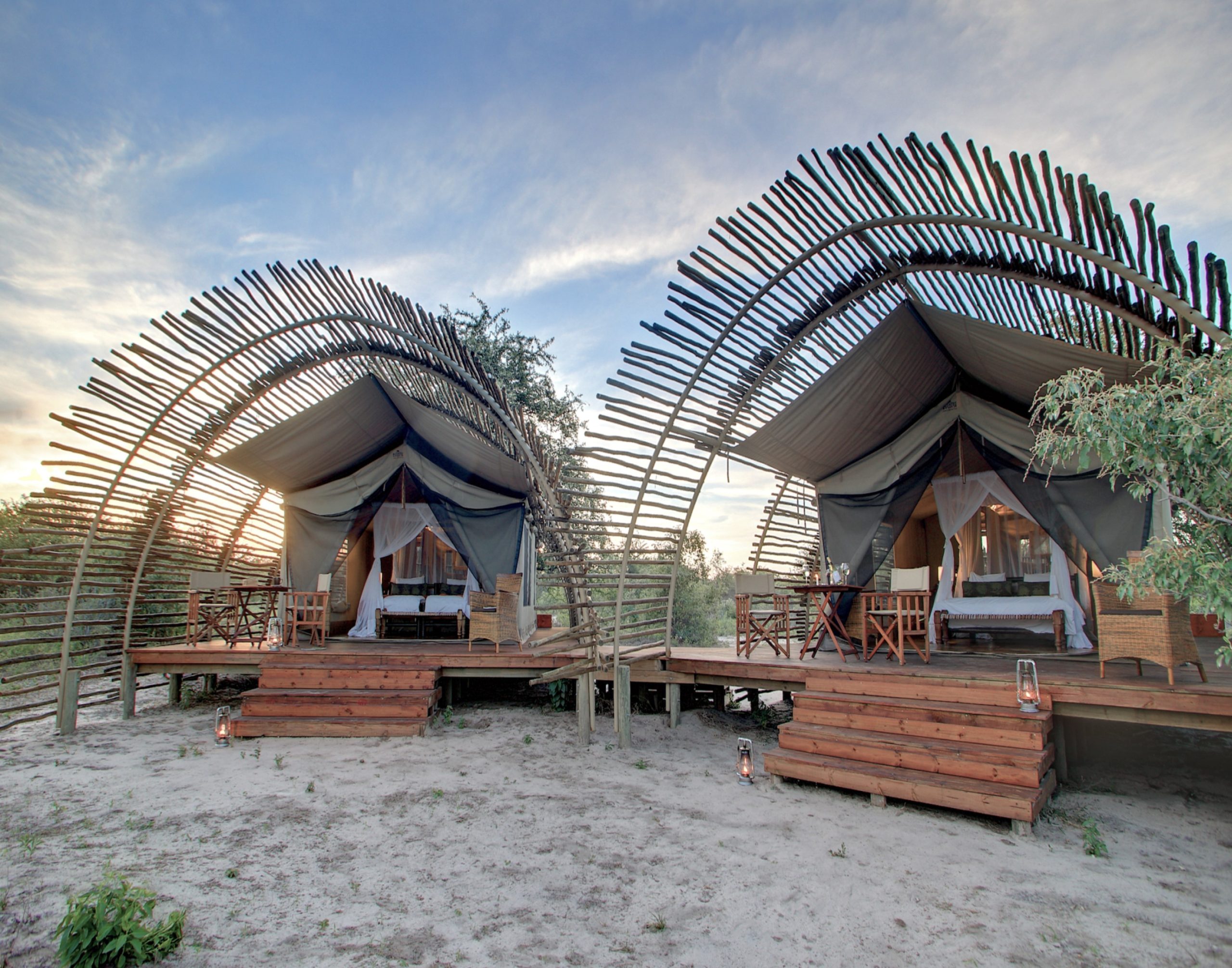
Evolve Back Gham Dhao Lodge, Central Kalahari, Botswana
How he unwinds
Travelling to unusual places is a happy part of his job description. Ramapuram prefers to take his family along, avoiding the hustle and bustle of conventional tourist places. “Pre-pandemic, my three children, wife and I, and two nieces used to travel to a different country almost every year. We used to land at an airport, sometimes in Europe, Asia or US, hire a car and drive out to the countryside, avoiding the big cities. We drove around living in small villages absorbing the country’s local people, food, culture and nature for up to two weeks. Then we would drive back to the airport, hand over the hired car and return home. These are the holidays that we treasure,” he says.
He unwinds in several other ways too. A lover of music, Ramapuram is part of Cecilian Choir – a classical choir in Bangalore. He also plays the guitar, both acoustic and electric.
A man of many interests, Ramapuram also has a deep interest in photography, calling himself the “official photographer” of the family. “I do nature, people and food photography and my pictures are a part of the brand’s website, as well as the family albums,” he chuckles. He recently also completed a coffee-brewing course. He heads the FMCG arm of the family, including the coffee brand ‘Sidapur’ – named after his village in Coorg.
View this post on Instagram
Defining success
Ramapuram measures his success by one overarching parameter – “Do the properties make a lasting impression on the guests?” In India, the answer is mostly in the affirmative. Now, he wants to make sure he has the same effect on the international traveller, too.


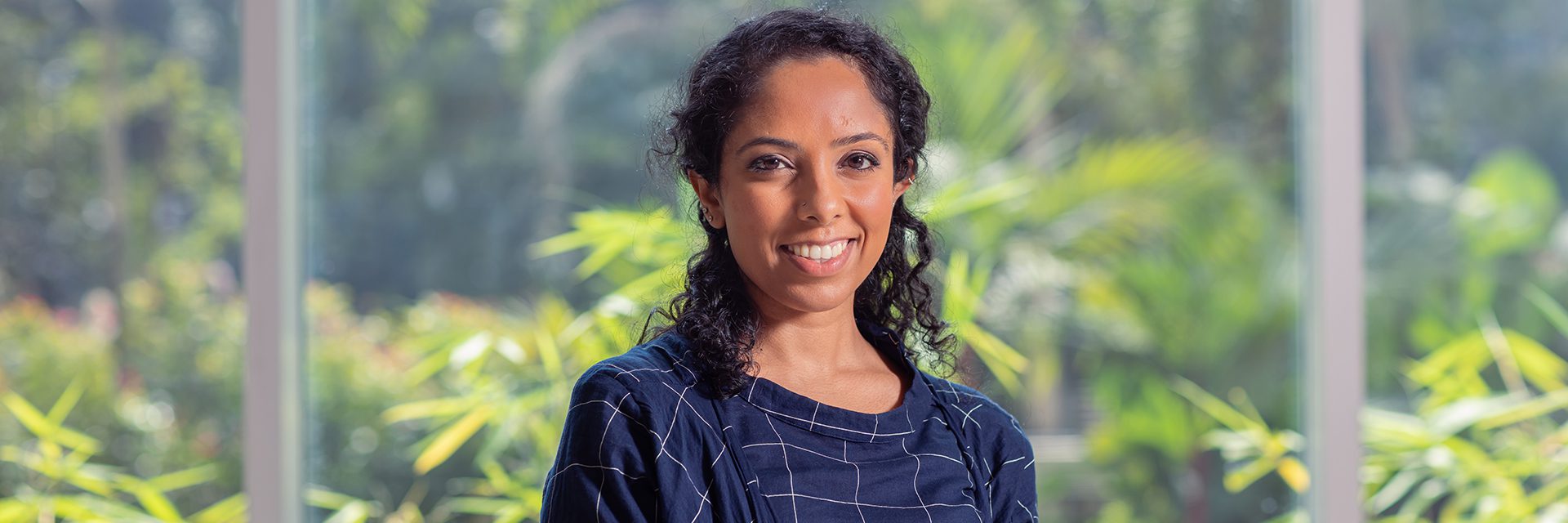
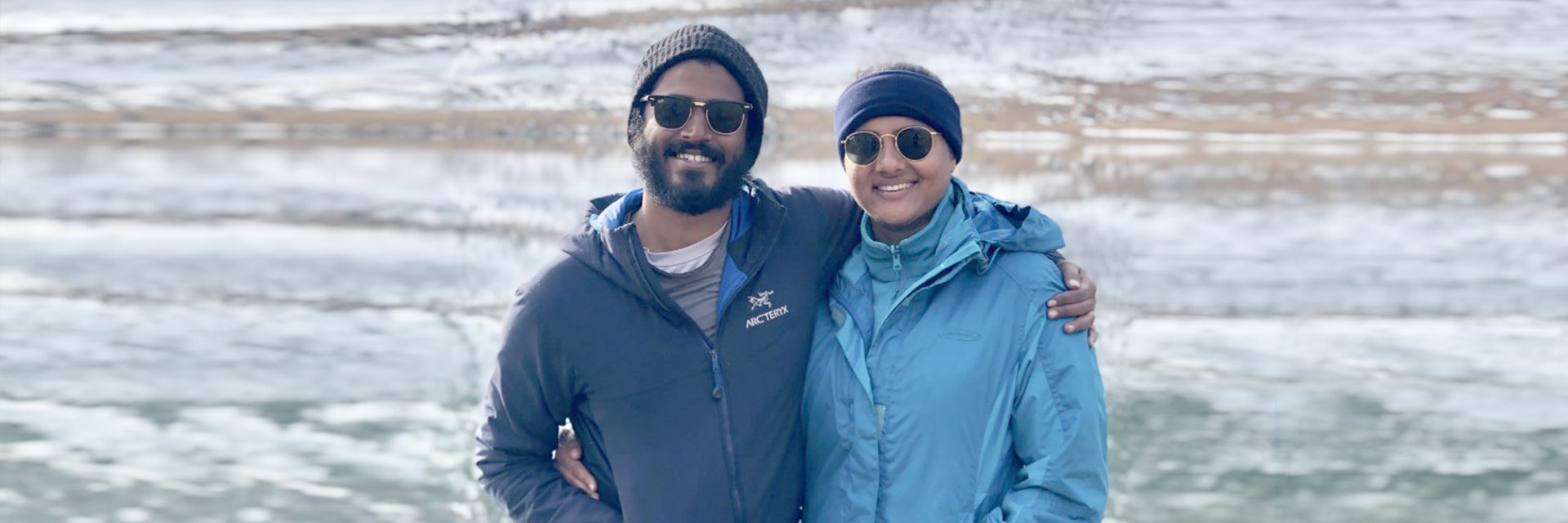
It’s an absolutely true to heart venture. Brilliant!